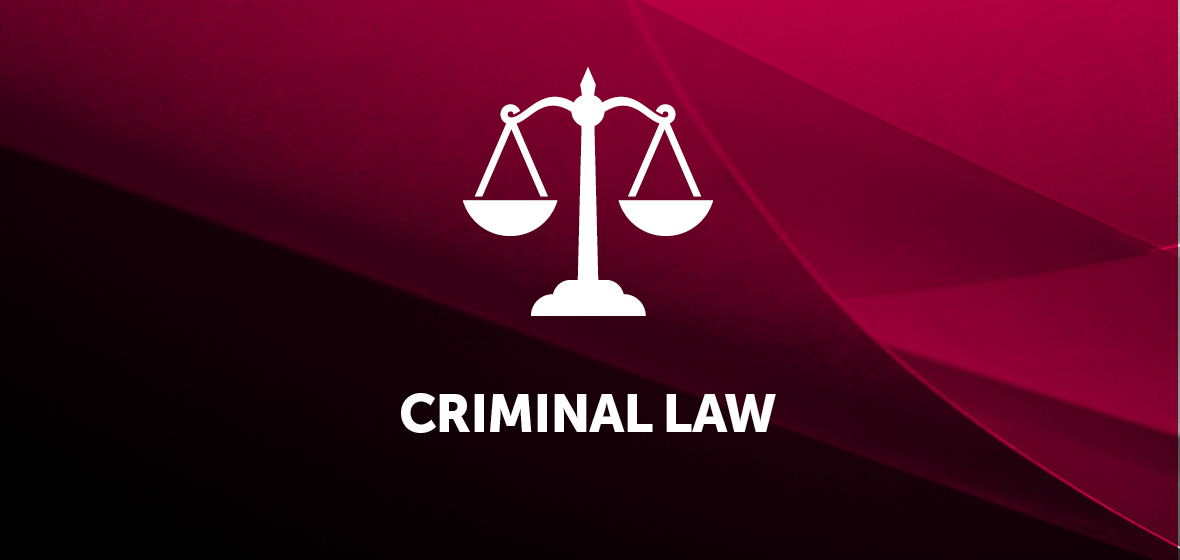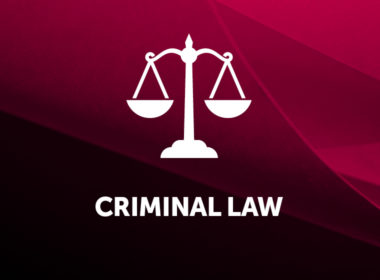Key decisions
- Jurd v R [2020] NSWCCA 91
- Mulvihill v R [2016] NSWCCA 259
- Tran v R [2018] NSWCCA 145
- Park v R [2020] NSWCCA 90
Jurd v R [2020] NSWCCA 91
Evidence Act – procedure – compellability of spouses and other family members
The Court of Criminal Appeal (‘CCA’) has determined where spouses and other family members have a right to object to giving evidence for the prosecution, the procedure needs to be followed carefully – especially since (contrary to some older authority) it has the capacity to affect the rights of the defendant in a trial.
The applicant was convicted of two counts of aggravated indecent assault on a 6-year-old. Because the conviction appeal related only to a limited part of the evidence, the full Crown case was not really summarised in the appeal. The issue here was whether the evidence of a single witness was correctly admitted in the trial, given that the witness may have had a right to object to giving evidence pursuant to s 18 of the Evidence Act.
Section 18 gives spouses and some other family members the right to object to giving evidence as a witness for the prosecution. It provides that the objection is to be made before they give evidence, or as soon as practicable after they become aware of the right to object. Where the court becomes aware that a person might have a right to make an objection, it must satisfy itself that the person knows of the effect of the section. Assuming that the person has a relevant relationship with the defendant, and in fact makes the objection, then there is a balancing test in the section which requires the court to weigh the likely damage to the relationship between the witness and the defendant, as against the desirability of admitting the evidence.


